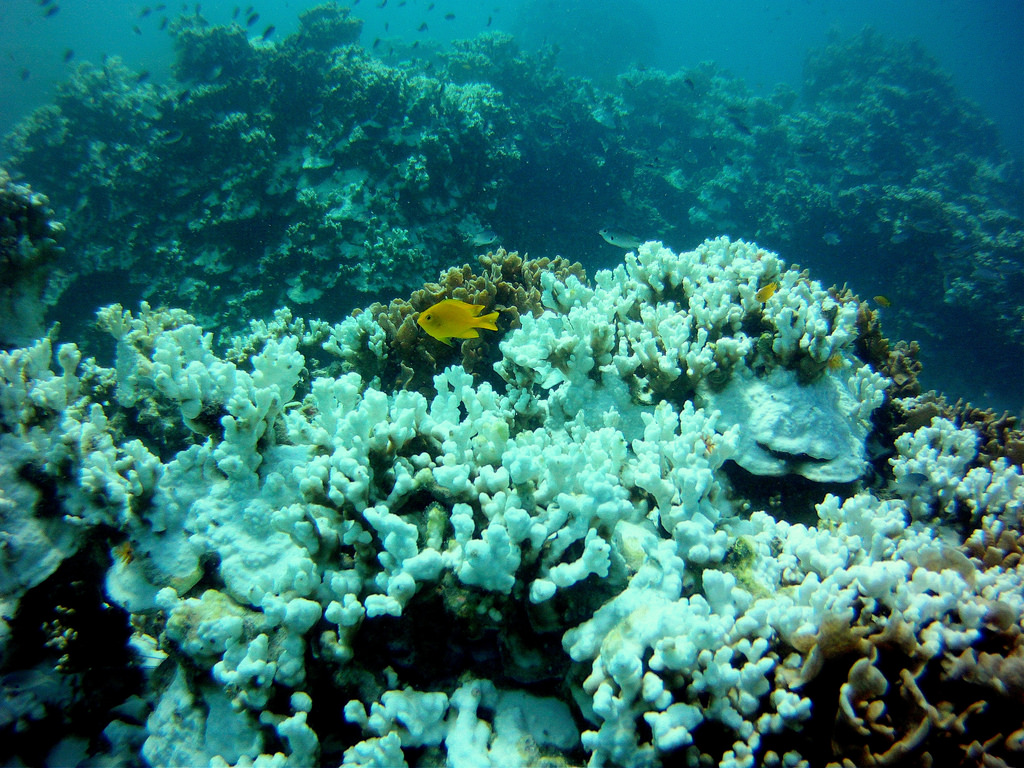The many challenges facing shark populations in the 21st century

July 22nd, 2018
Shark Awareness Day, which took place last week, is an occasion for conservation groups to raise awareness of the need to protect sharks and to cut through the myths about the creature perpetuated through the media.
The predators were already generally feared by the public, with the release of Jaws in the mid-70s reinforced the species man-eater reputation (Funnily enough, the writer of the original novel, Peter Benchley, became an activist for their protection).
In reality, only five shark-related human deaths occurred in 2017 in comparison to an estimated 100 million sharks killed every year by humans. e species in fact only eat plankton such as whale and basking sharks.
Speaking from Hong Kong, the World Wildlife Fund’s (WWF) shark expert Andy Cornish tells The Green News about the challenges that the predator is currently facing.
Knowing the ecosystem
Around 500 species of sharks exist, ranging from 14cm all the way up to 20 metres. They are primarily apex predators at the top of the food chain and necessary to maintain the ocean ecosystem.
“White and tiger sharks are the largest predators,” explains Andy Cornish. “If they were gone, the marine ecosystem would become destabilized.”
A recent research expedition from the University of Western Australia looking at coral reefs in the Kimberley region suggests that sharks even “play a key role in regulating the health of coral reefs”.
If the apex predators disappeared, other big fish population would increase and the population of fish that eat algae would fall. “The cascade effect would result in less herbivorous fishes that clean the rocks and the dead algae so the corals have space to settle on the reef,” says Cornish.
Tackling overfishing
A quarter of the world’s shark population is threatened with extinction due to overfishing, with the practice of shark finning – cutting the fins off and discarding the shark’s body at sea – a major contributing factor. Deprived of their fins, the sharks sink into the water and die from hunger.
Since 2003, the practice has been outlawed in the EU. Despite the ban, importation is still authorized for personal consumption, with fin soup ending up in restaurants and supermarkets in Europe.
“People used to do that in the high seas because the fins are quite valuable but their meat has a much lower value. Fishermen didn’t want to fill a boat with cheap shark meat,” explains Cornish.
Although Cornish says that many countries have abandoned this practice, the demand for shark meat has now increased. “International trade in shark meat has doubled since the 1990’s.
“Five years ago, we would have said that the demand for shark fins was the main driver for overfishing but now the demand for shark meat is equally important,” he says.
“Sharks are absolutely not protected enough,” he warns. “There are very few countries that manage their shark population well, like Australia and the USA.”
Irish waters contain 71 species of sharks, rays and others relatives species, over half of the species on the European list, yet our waters are the focus of some of the most intense fishing efforts in Europe. Today, 17 species are either categorised as vulnerable or critically endangered in Irish waters.
Plastic pollution and climate change
Over eight million tonnes of plastic are estimated to enter the ocean every year, breaking down over time into microscopic pieces which can absorb toxins from the water and become chemically dangerous.
If eaten by species in the marine environment, plastic obstructs the digestive system and reduces the nutritional value of their food. “It is probably going to be the species that feed on plankton that are likely to ingest plastic,” says Cornish.
A more visible consequence is entanglement. “If the fishing nets are accidentally lost or if the fishermen throw them overboard when they are old, they can catch marine life,” he warns.
A study published this week from the University of Southampton points to the impacts of climate change on shark populations, with several species of sharks migrating more northerly as a result of warming seas. The researchers estimate that the great hammerhead and the blacktip shark – normally found in tropical waters – could inhabit British waters by mid-century.
“The temperature of their body will be very similar to the temperature of the water. If a temperature goes up or down, the area becomes unsuitable,” explains Cornish.
[x_author title=”About the Author”]







